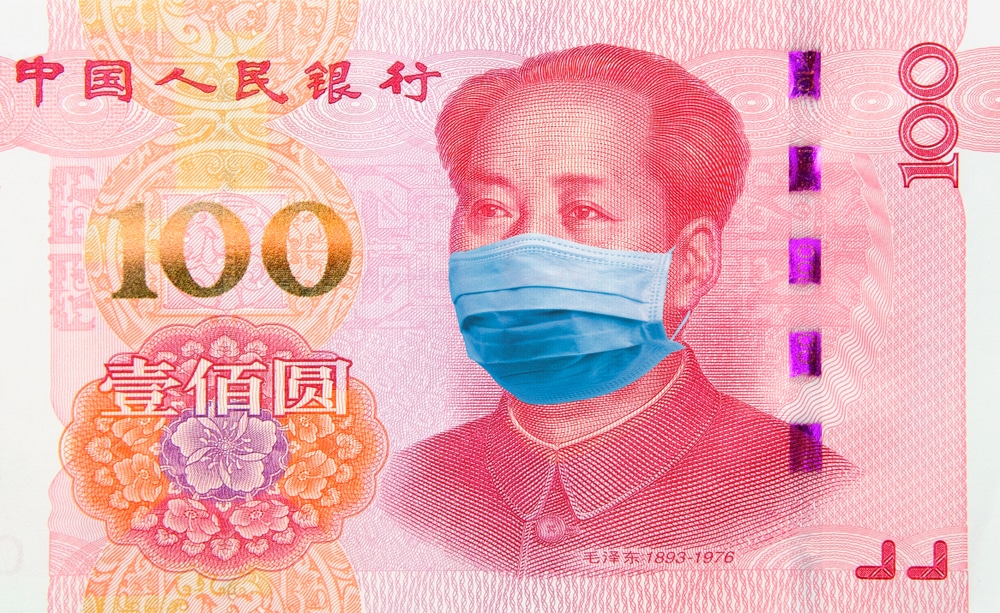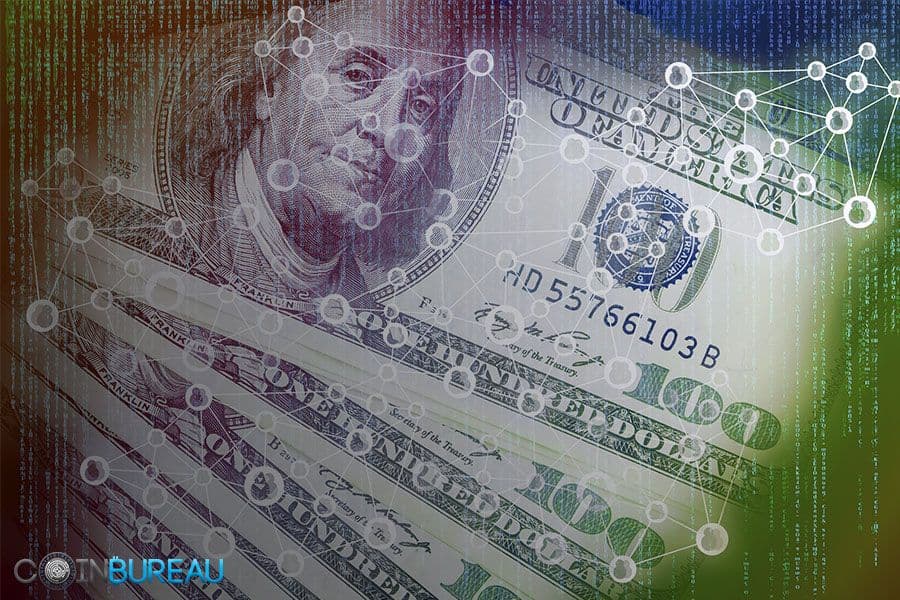China is testing out a central bank digital currency (CBDC) during the 2022 winter Olympics while the rest of the world still remains in a research and development phase.
The digital yuan (eCNY) is currently being offered to athletes and foreign visitors to Olympic Village in Beijing, as well as cash or Visa cards. The rollout is the most prominent pilot program for the digital currency since the country began exploring CBDCs in 2019.
The emergence of a digital yuan for public use was first hinted at in early 2020 when the Chinese government conceded plans to develop an eCNY before this year's Olympics. The digital yuan links a person's phone number to transactions taking place on an application, and also has the capability to transfer between users by tapping phones. The eCNY is legal tender and can be exchanged through QR or bar codes without banks or intermediaries.
In a recent blog post, Di Gang, deputy director of the People’s Bank of China’s Digital Currency Research Institute, said,
"The world has entered a stage of rapid integration and development of digitalization, the role of digital technology has been widely recognized by the whole society, and has developed rapidly in the financial industry. In the era of modernization and intelligence, the relationship with the real economy has developed from assistance, support, and empowerment to integration, originality, and ubiquity.”
 Image via Shutterstock
Image via Shutterstock
From across the pond, US officials are worried that the rising power of China is getting the upper hand on a technology that will inevitably become an important pillar of financial systems.
Writing to Treasury Secretary Janet Yellen, Senator Pat Toomey said that the eCNY has the potential to subvert sanctions, facilitate illicit money flows, enhance China’s surveillance capabilities, and give Beijing a “first mover” advantage on the technology.
Toomey request that the Treasury and State Departments examine the eCNY to determine the the following:
1. How the digital currency was distributed, user experience, and the extent of
knowledge about the underlying source code, including the potential for ulterior
motives, censorship features, or security flaws;
2. Strategies employed to advance eCNY adoption by Chinese and non-Chinese
persons, including possible coercion of foreign companies;
3. eCNY adoption rate by foreigners compared to Chinese citizens, types of and total
amount of eCNY transactions;
4. To what extent employees of non-Chinese governments, including the United States,
transacted in the digital yuan;
5. User and transaction data Beijing was able to access and how such data is collected
and managed;
6. If the CCP discontinued eCNY access to punish, intimidate, or censor any user.
As it stands, US authorities have explored a federal backed digital currency, but haven't given a timeline on a launch, or taken a specific stance on the subject. Last month, the Fed released a report weighing out the pros and cons of digital currencies and the implication of a digitized financial system. The Federal Reserve Bank of Boston is also collaborating with the Massachusetts Institute of Technology (MIT) on the design of a digital dollar, which they claim can process 1.7 million transactions per second. However, solid plans for a federal backed USD stablecoin still show little signs of materializing in the near future.





